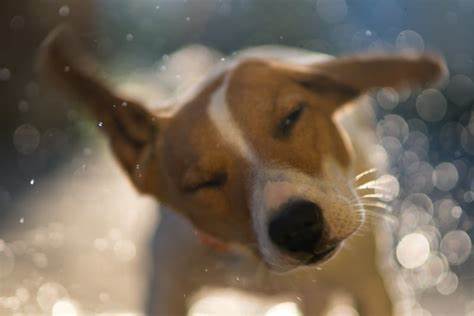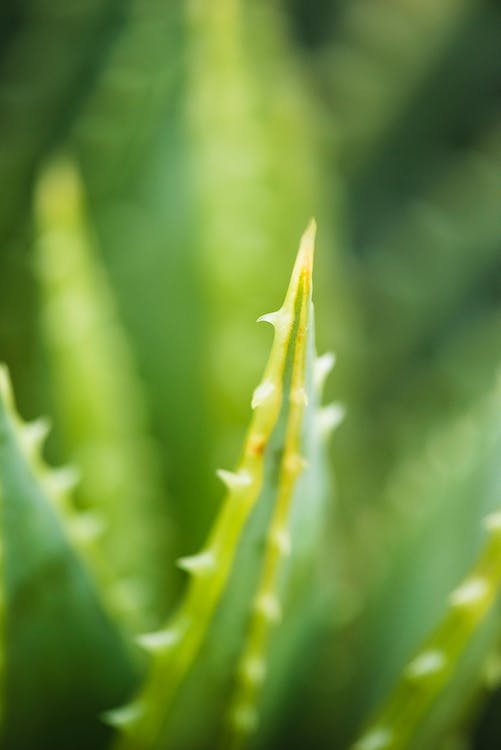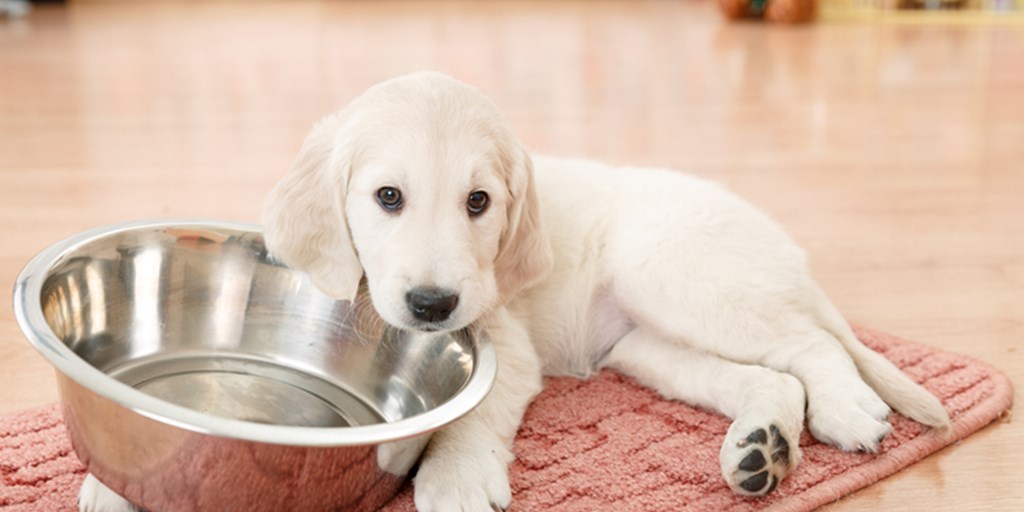When Poop Turns Green
Most dog owners are accustomed to picking up brown, black, or yellowish dog poop. So seeing your canine companion pass bright green stool can be alarming. While disconcerting in appearance, green feces is usually indicative of diet or digestion issues and not a dire health emergency. Let’s explore some common causes of green poop and how to promote your dog’s digestive wellness.
Possible Causes of Green Stool
Dietary Cause
The most likely reason for green poop is something the dog ingested. Possible dietary culprits include:
- Large amounts of grass or other greens.
- Green colored treats or chews.
- Bones with remnants of meat, fat or marrow.
- High mineral content supplements.
- Spoiled or moldy food.
Eating an excessive amount of any green-colored edibles can tint the feces green when passed. Usually this is temporary.
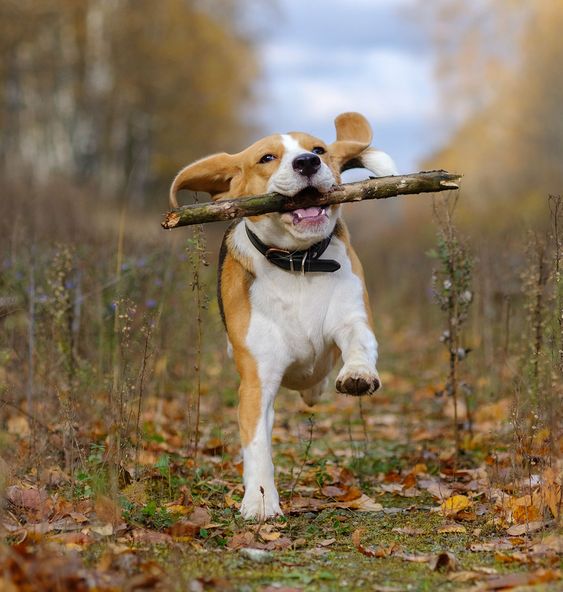
Rapid Transit
Stool passes so quickly through the intestines that there is not enough time for bile pigment to turn it brown. This can happen with diarrhea from infections, parasites, food sensitivities, sudden diet changes or stress.
Bacterial Overgrowth
Excessive bacteria levels in the intestines produce greenish stool. This may indicate giardia, Salmonella, Clostridium or other pathogenic bacteria disrupting normal gut flora.
Malabsorption Issues
Inadequate bile juice from liver disease, gastrointestinal blockages, pancreatitis, and other absorption issues inhibit proper fat absorption which alters stool color.
Yeast Imbalance
A yeast overgrowth in the gut can also contribute to unusual feces colors. Candida albicans and other yeast thrive on carbohydrates and sugar.
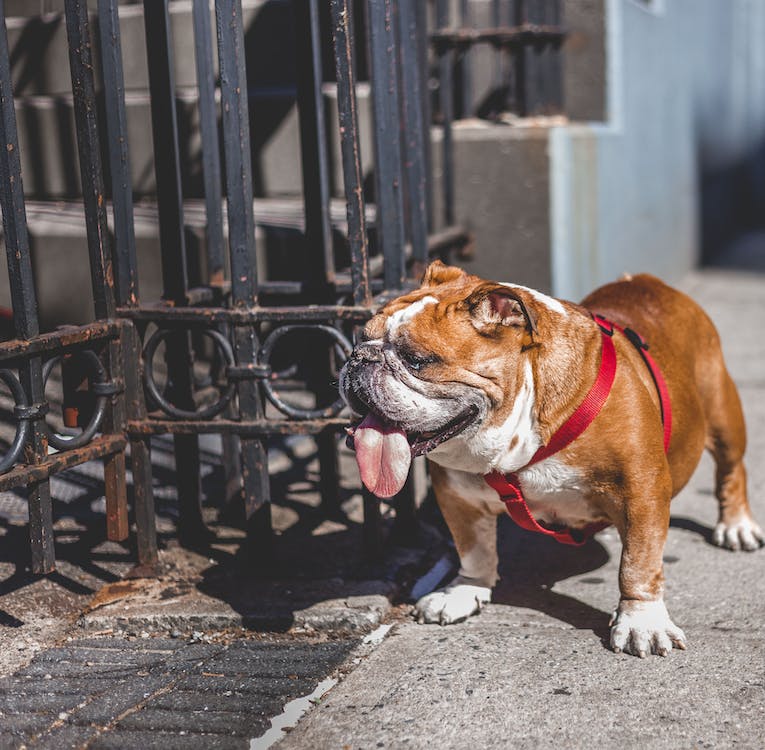
When to See the Vet
In most cases, a single or isolated instance of green stool does not require medical intervention. However, contact your vet if green feces persists over 24 hours or occurs alongside these issues:
- Loss of appetite or lethargy.
- Straining, pain, or difficulty defecating.
- Vomiting or diarrhea.
- Weight loss or dehydration.
- Presence of blood, mucus, or worms in stool.
These warrant examination to diagnose any underlying illness.
Supporting Digestive Health
While occasional green stool is no cause for alarm, follow these tips to promote your dog’s general GI wellness:
- Feed high quality diet with adequate fiber.
- Keep dog well hydrated.
- Ensure proper exercise and enrichment.
- Avoid sudden food changes.
- Limit fatty treats and table scraps.
- Promptly treat vomiting, diarrhea, or constipation.
- Discuss probiotic or prebiotic supplements with your vet.
Alert owners who monitor their dog’s poop color, consistency, and colon health help optimize their pet’s lifelong digestive function and happiness. Don’t sweat a green stool incident, but do pay attention to your canine’s overall bowel regularity and comfort.

